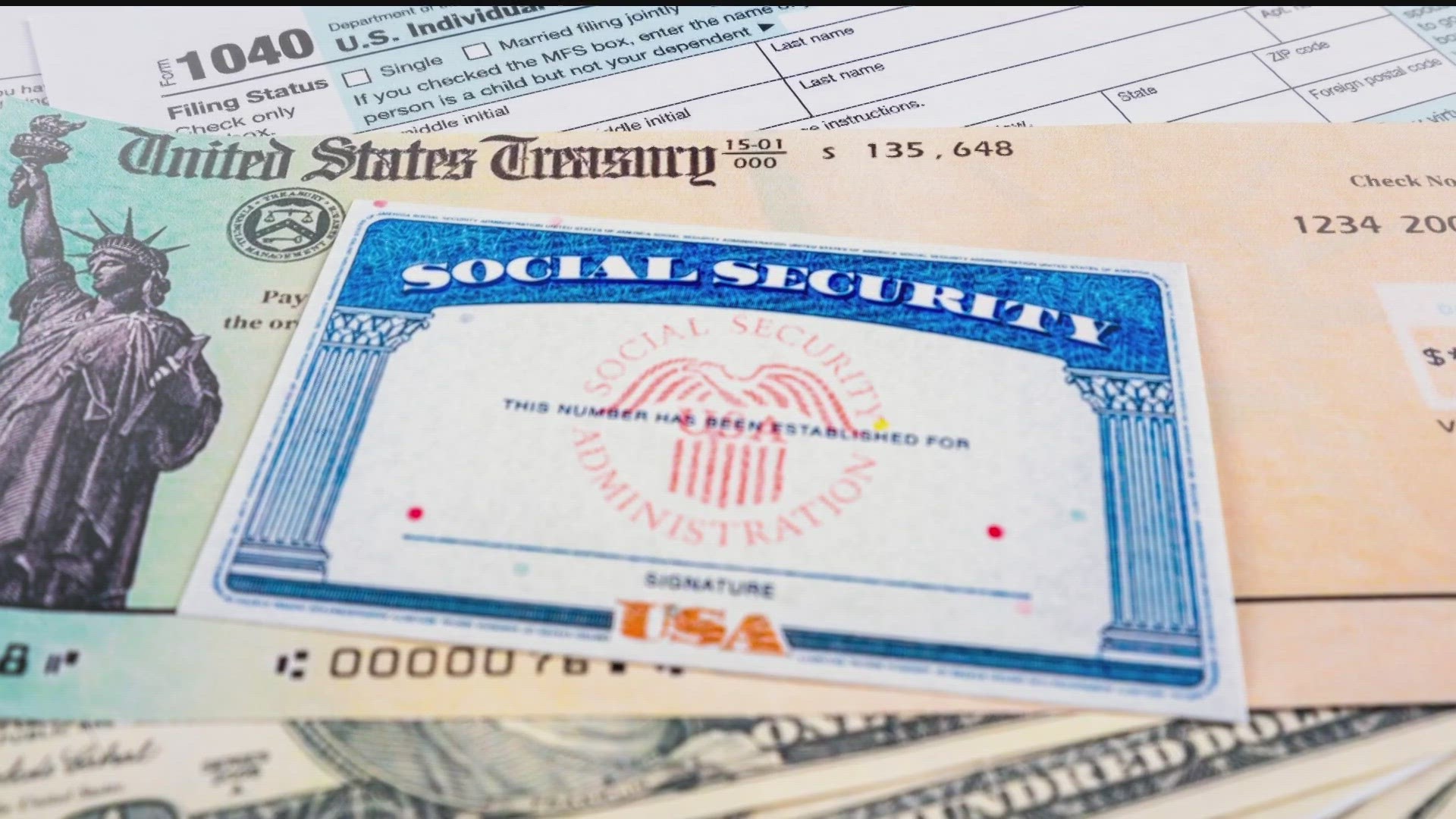ST PAUL, Minn. — The Minnesota House Thursday night passed a sweeping tax policy bill aimed at providing $3 billion in tax relief, and raising more revenue from corporations and the wealthiest taxpayers.
It includes a mix of rebate checks, tax credits, aid to local units of government, and other policies Democrats say will make the state's tax system fairer and sustainable.
"This bill constitutes the largest tax cut in Minnesota history," Rep. Aisha Gomez, the House Tax Committee Chair, told her colleagues during Thursday's debate.
"It contains targeted tax cuts. It puts money in the pockets of Minnesotans who most need it."
Her bill calls for $275 rebate checks to individuals, $550 checks to married couples, plus an additional $275 for each dependent up to three. The rebates would be limited to couples who make $150,000 or less and single filers who make $75,000 or less. More than 2 million taxpayers would qualify for some type of check.
The tax bill also shields more Minnesota retirees from tax liability on their Social Security benefits.
Joint filers earning $100,000 or less and single filers who earn $78,000 or less would be totally exempt from state income taxes on those federal government checks. That would exempt 75% of Social Security recipients from being taxed on that income, compared to 52% of current retirees who aren't taxed on those checks.
The bill creates a revamped childcare tax credit program, enabling lower income families to receive up to $1,175 per child. The bill also expands the K-12 Education Child Credit to $1,500 per child.
There's also $100 million in direct aid to local governments, which is intended to slow the growth of property taxes in those communities. The measure would also boost property tax refunds for homeowners and renters.
The renter's refund program would be rolled into regular tax returns, removing the need to apply for that refund separately.
"Right now, there are over 100,000 low-income renters who are eligible for property tax refunds, who, just because the timing, the paperwork, the complications and the barriers, leave that money on the table," Gomez explained.
Republicans leveled blistering attacks for what's not in the bill, namely full exemption for Social Security benefits.
"Anyone who can afford to leave the state of Minnesota in their retirement does," Rep. Bjorn Olson of Fairmont told fellow lawmakers.
"That’s why less than 50% of Minnesotans pay taxes on their social security today."
GOP leaders say people on both sides of the aisle campaigned on full exemption during the 2022 election cycle.
"That was a bipartisan campaign promise. All of us, when we were campaigning in our districts, everyone heard that from the doors," Rep. Kristin Robbins of Maple Grove told reporters Thursday.
"DFLers and Republicans made that promise and it is not being kept."
The bill would also create a fifth income tax tier, with a rate of 10.85% that would be applied to that portion of a couple's income in excess of $1 million and $600,000 for individual filers.
Rep. Robbins said the fifth income tax tier, if it becomes law, will drive more people away from a state that already has a reputation as a high tax state.
"That would make Minnesota have the fourth highest income tax rate in the country. And just to give you some perspective we are uncompetitive at all the tiers. Our lowest tier of 5.35% is higher than the highest tier in 24 other states."
Republicans contend the tax bill, in its current form, is transferring wealth from the middle-class taxpayers who created the surplus to lower income families.
"People who have not been paying taxes in Minnesota are getting a lot of new income, so this is spending through this refundable tax credits and is not helping the middle class that’s been paying the tax all along."
Gomez said it's the legislature's imperative to help those most in need, and that includes how tax policy is designed.
"This bill is going to improve lives. It’s going to make our tax code more simple, and more fair. It focuses on families and on children who are in poverty and seniors who are struggling."

